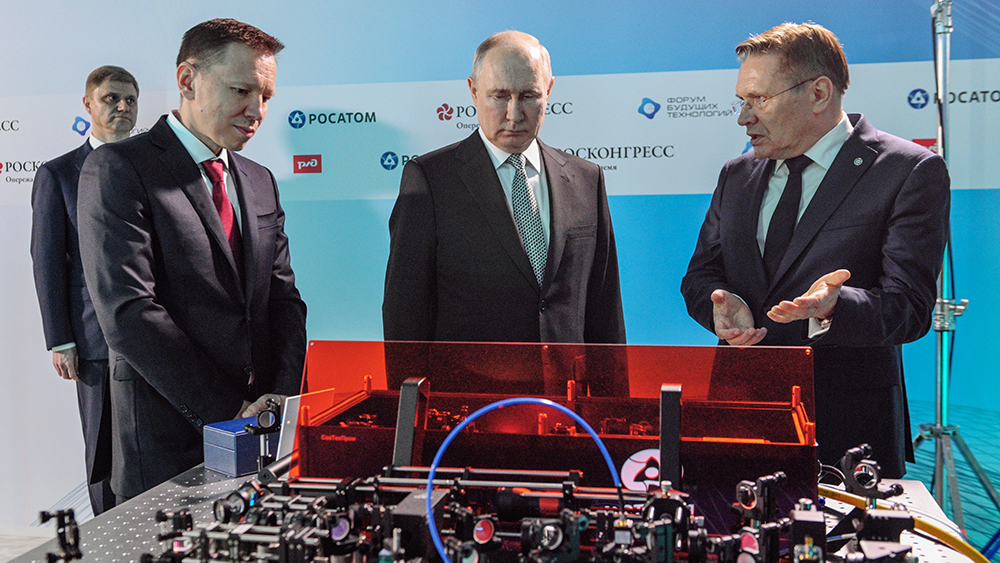- Joined
- Apr 24, 2020
- Messages
- 2,563 (1.75/day)
Some things are not possible, regardless of improvement; this is the reason there are almost no analogue computers around these days.
Then again, I'd be delighted to be shown wrong.
OpAmps are analogue computers, and they're some of the most common "computers" in the world.
IE: Every single voltage regulator in the world uses OpAmps to compute current voltage / current and subtract it from the ideal voltage, deciding upon "more current" or "less current" to be delivered.
Digital Computers are great and all, but you can't handle 120V, 700V, 4000V, 10,000V (yes, 10-thousand+ volts) with digital computers. You can however use analog computer techniques (negative feedback, transistors in analog modes, etc. etc.) to route power, and compute derivatives, integrals, logarithms, exponents, subtraction, addition, multiplication on those 10,000V circuits we like to call "power lines".
--------
From a cost-efficacy perspective, the "computer" that calculates a 5 GHz radio signal and downsamples it to 1Gbit is largely analog as well (transistor based). Now modern digital computers can perform the task digitally, but its still very expensive (aka: software defined radios), so pure digital manipulation of WiFi signals is still not economical.
So bam, another analog computer that's beating the pants out of digital (cost wise at least).


 It's not like a Quantum CPU is somehow similar to current CPUs - just way more powerful, it's actually - a different type of CPU altogether. With further technological breakthroughs - might get to a point where it can power A.I. Maybe even reduce its size to fit it them future robots (and thus human will get closer to becoming obsolete - by comparison). As for personal use, as mentioned above... I don't see why anyone would "need" one. Hacking for dummies?
It's not like a Quantum CPU is somehow similar to current CPUs - just way more powerful, it's actually - a different type of CPU altogether. With further technological breakthroughs - might get to a point where it can power A.I. Maybe even reduce its size to fit it them future robots (and thus human will get closer to becoming obsolete - by comparison). As for personal use, as mentioned above... I don't see why anyone would "need" one. Hacking for dummies?
